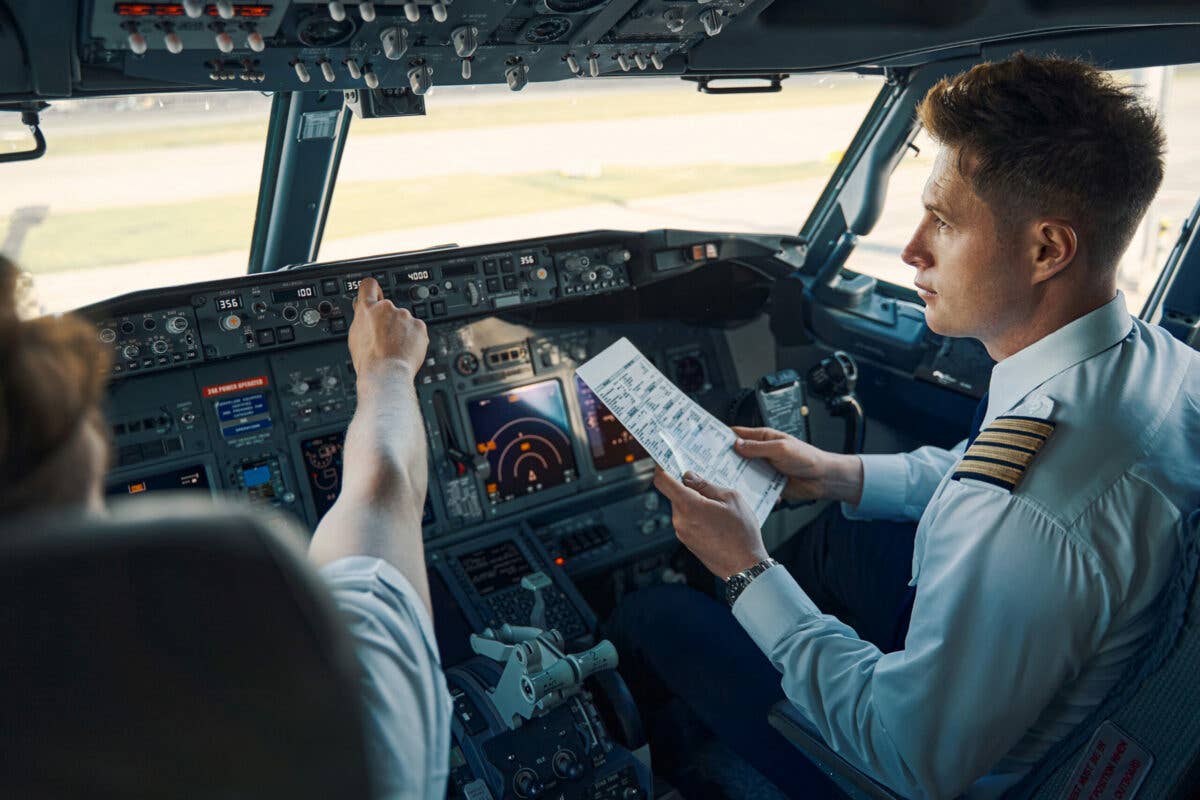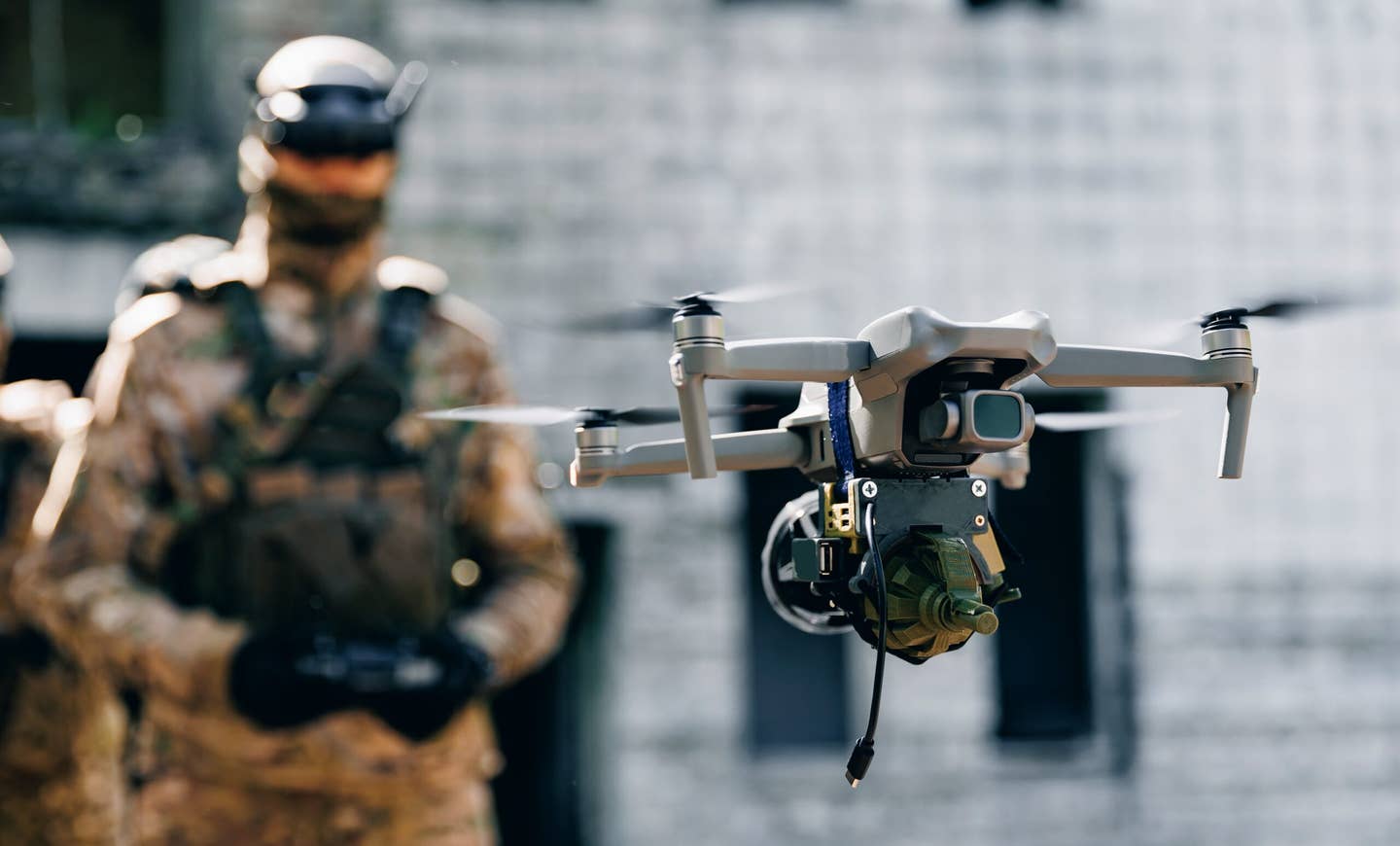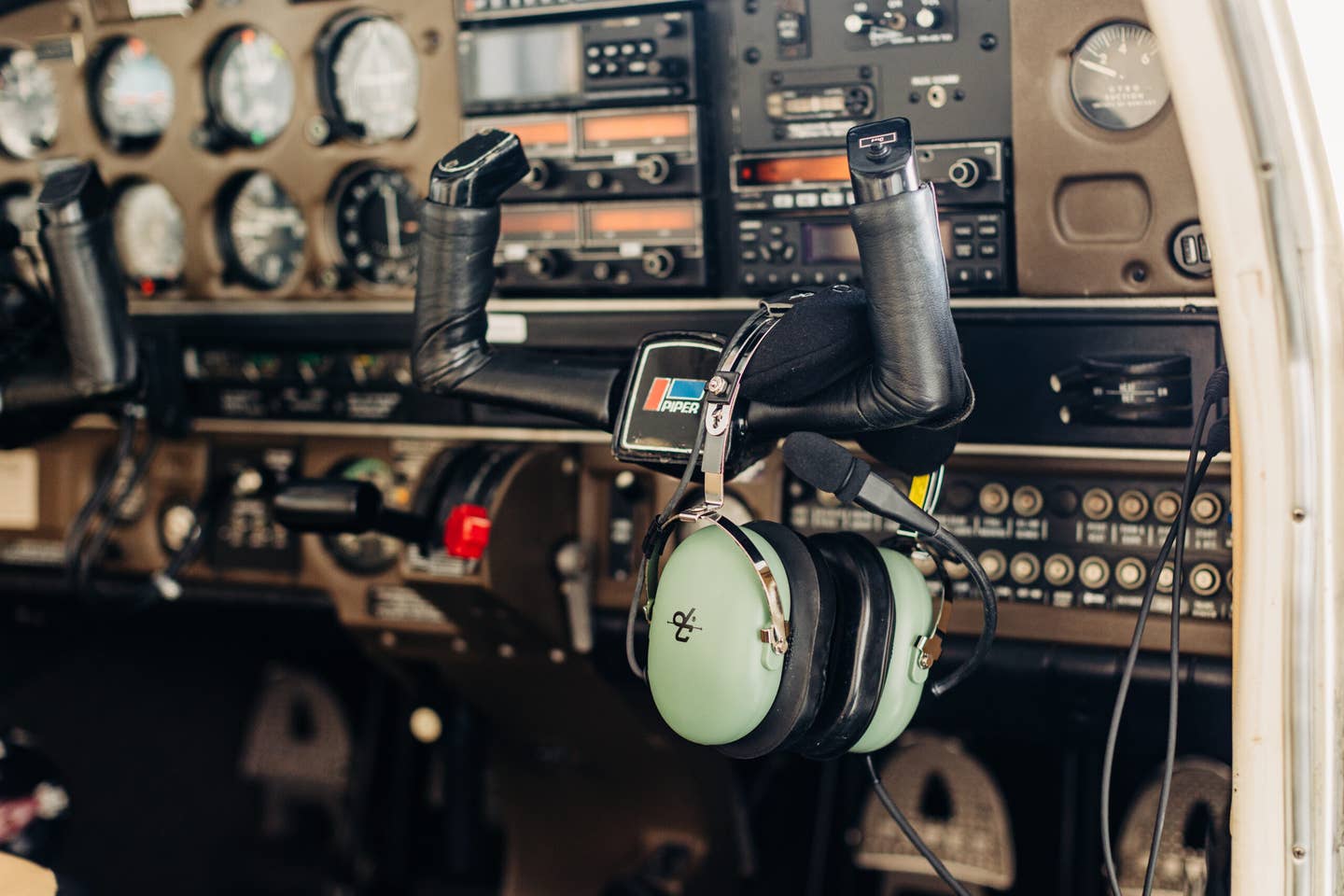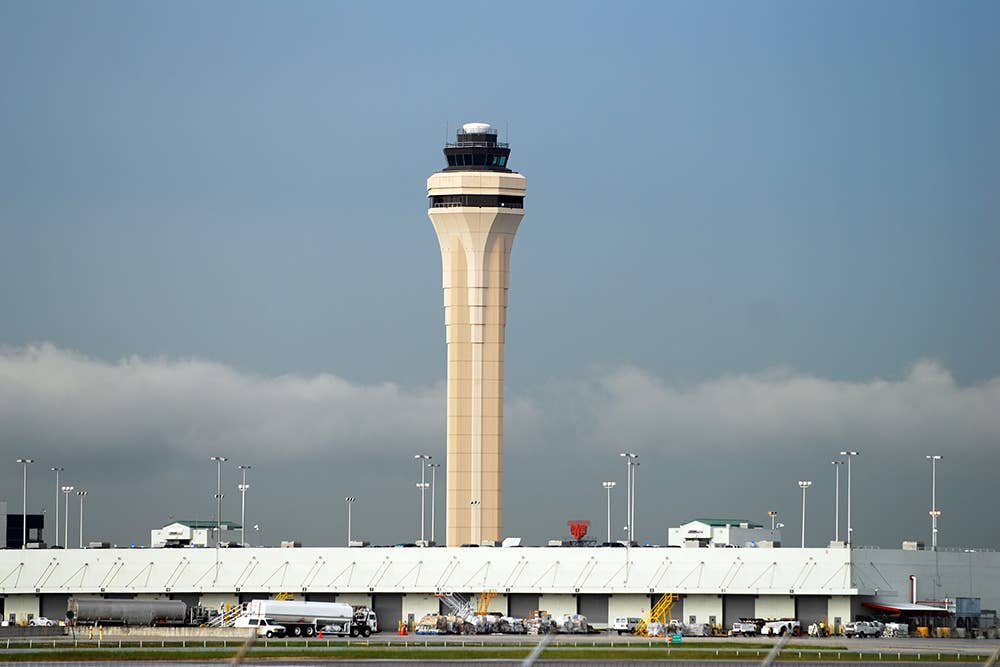Manslaughter Trial Underway for Air France Crash
Airbus blames the accident on pilot error, while Air France argues the pilots became confused and overwhelmed by conflicting data and alarms in the cockpit.

The heads of both Air France and Airbus pleaded not guilty to involuntary manslaughter in a French criminal court in a first-of-its-kind manslaughter trial over the 2009 crash of an Air France Airbus A330 in the Atlantic that killed 228 people. [stock image]
The heads of both Air France and Airbus pleaded not guilty to involuntary manslaughter in a French criminal court in a first-of-its-kind manslaughter trial over the 2009 crash of an Air France Airbus A330 in the Atlantic that killed 228 people, according to a report.
The flight, identified as AF447, was enroute from Rio de Janeiro to Paris the night of the June 1, 2009, accident.
The aircraft was flying through an equatorial storm when the pilots allegedly became confused by the airspeed readout and did not realize the aircraft was in a stall as it entered an uncommanded descent. The crew of three—with approximately 20,000 hours of flying time among them—kept the aircraft in a nose-high attitude for approximately 4 minutes until it hit the ocean.
The aircraft went down in deep water, and it took two years for remote submarines to locate the aircraft's flight data recorders, the so-called black boxes.
Like most equipment flying for the major airlines, Air France aircraft are equipped with an aircraft communications addressing and reporting system (ACARS), which enables them to transmit data messages to their home base. On the night of the accident, there were several transmissions about confusing airspeed indications as the three independent air data systems were not in agreement, making flying very difficult.
Upon review of the recorded information, it was determined that the aircraft's speed sensors had iced up during the flight. The autopilot disconnected, and the flight crew became confused and did not respond correctly to the aircraft's stalled condition, according to Reuters.
During the trial in Paris, it was revealed that France's BEA, the French government agency that investigates aircraft accidents, revealed earlier discussions between Air France and Airbus over problems with external pitot probes.
According to the report in Reuters, a Paris judge said Airbus was suspected of responding too slowly to reports of speed incidents stemming from the introduction of the updated probe.
Airbus blames the accident on pilot error, while Air France argues the pilots became confused and overwhelmed by conflicting data and alarms in the cockpit.
Reuters notes relatives of the victims "brushed off the maximum fine of 225,000 euros ($220,612) each could receive—equivalent to just two minutes of pre-COVID-19 revenue for Airbus or five minutes of passenger revenue for the airline." There have been larger, undisclosed, out-of-court settlements, according to the report.
During the trial some of the relatives of the victims were openly hostile to Air France chief executive Anne Rigail and Airbus CEO Guillaume Faury when they expressed condolences during opening statements.
The trial is expected to run in Paris Criminal Court until December 8.

Sign-up for newsletters & special offers!
Get the latest FLYING stories & special offers delivered directly to your inbox






